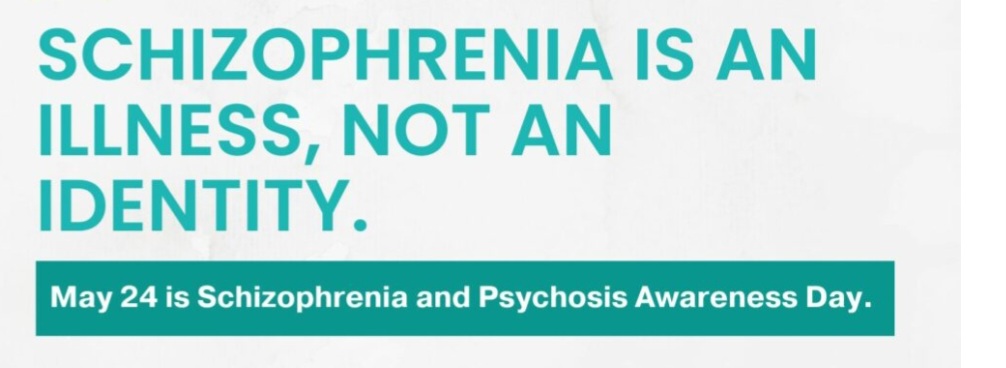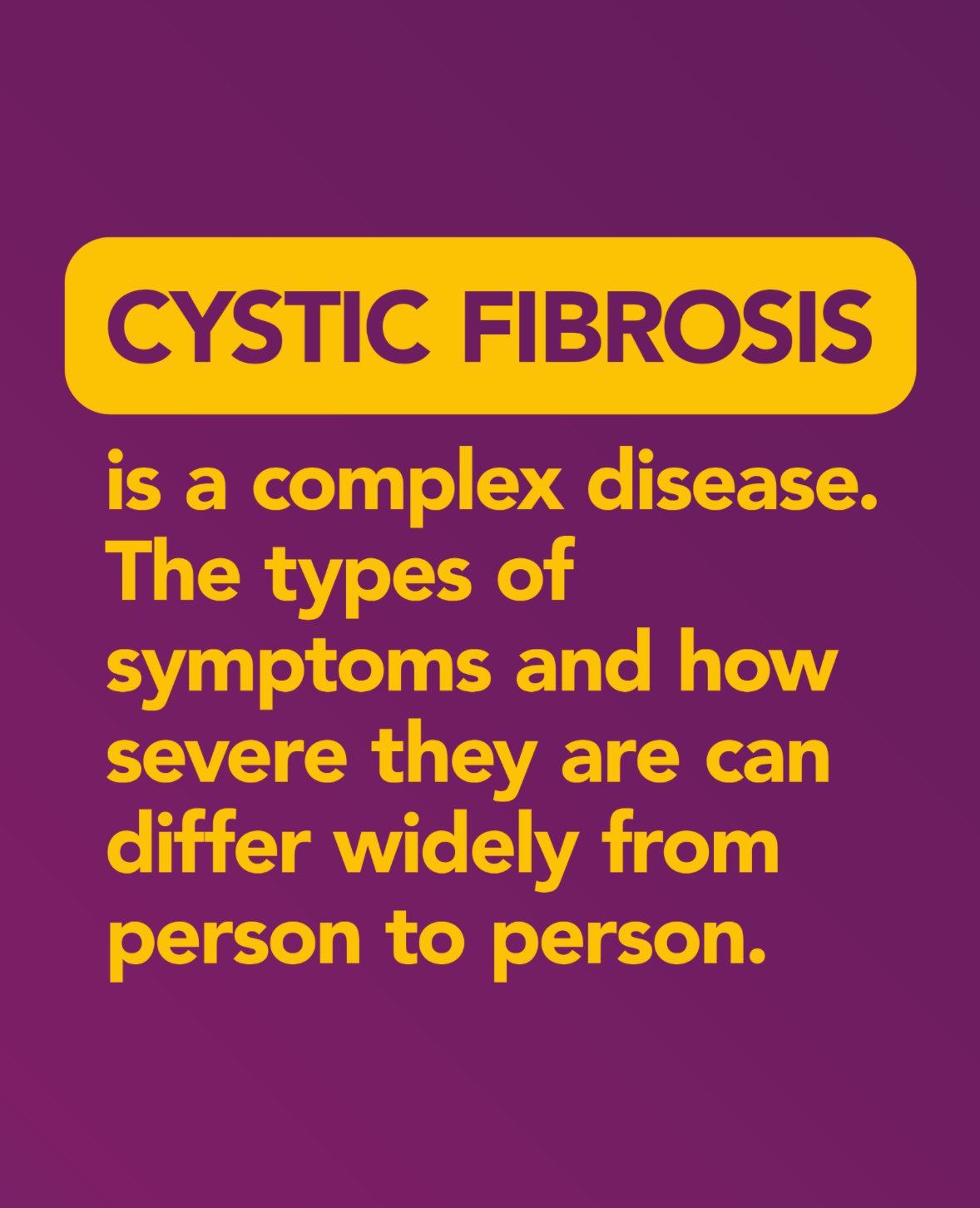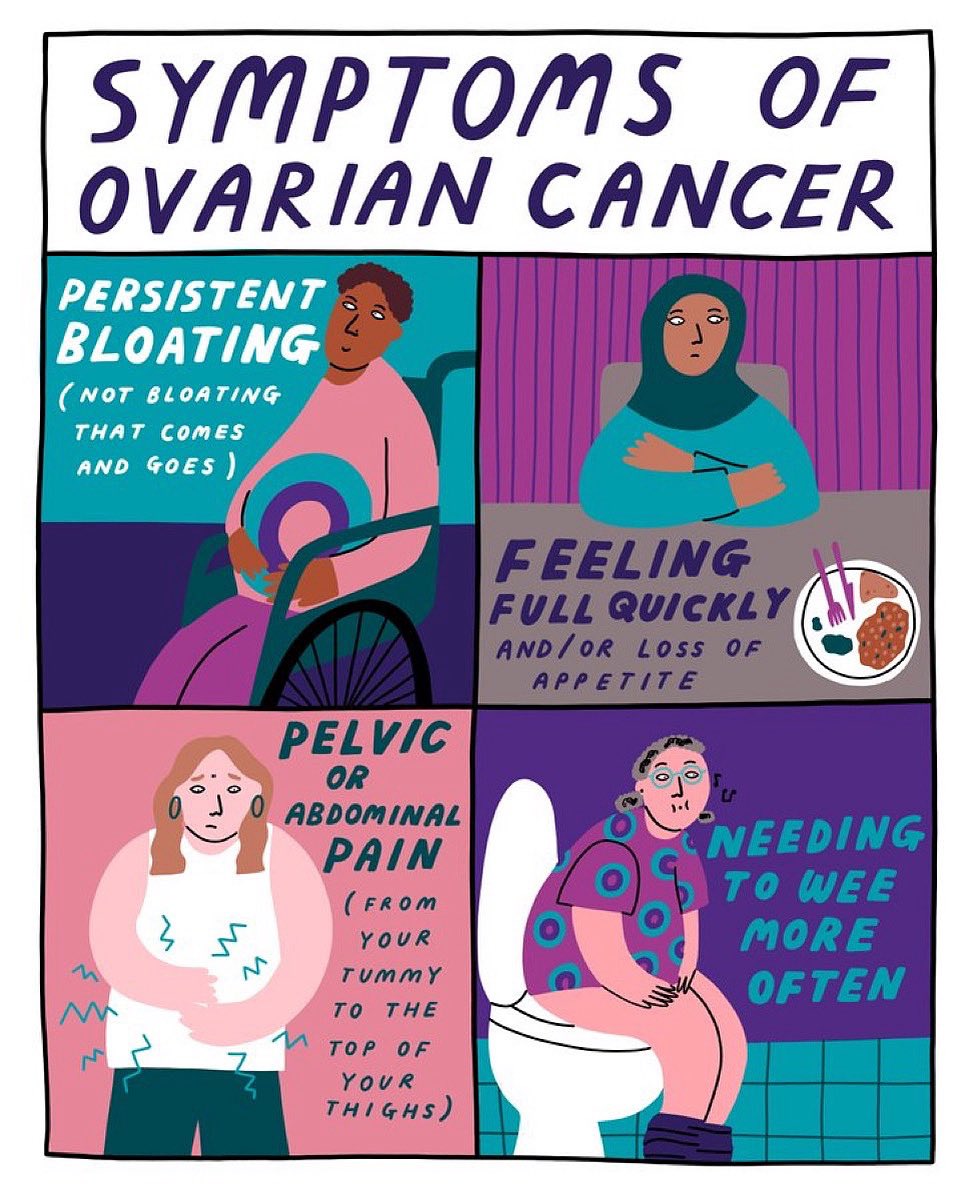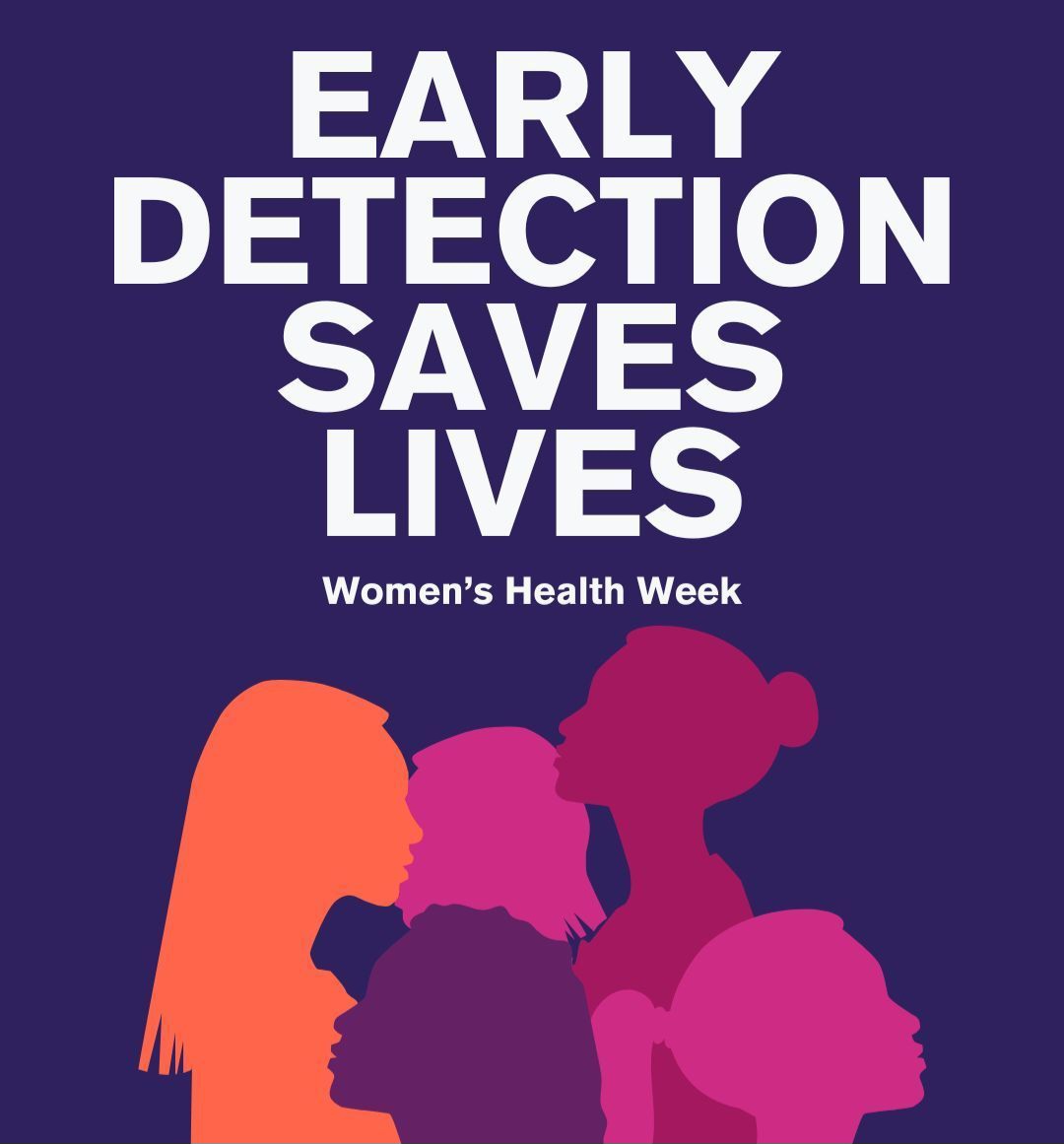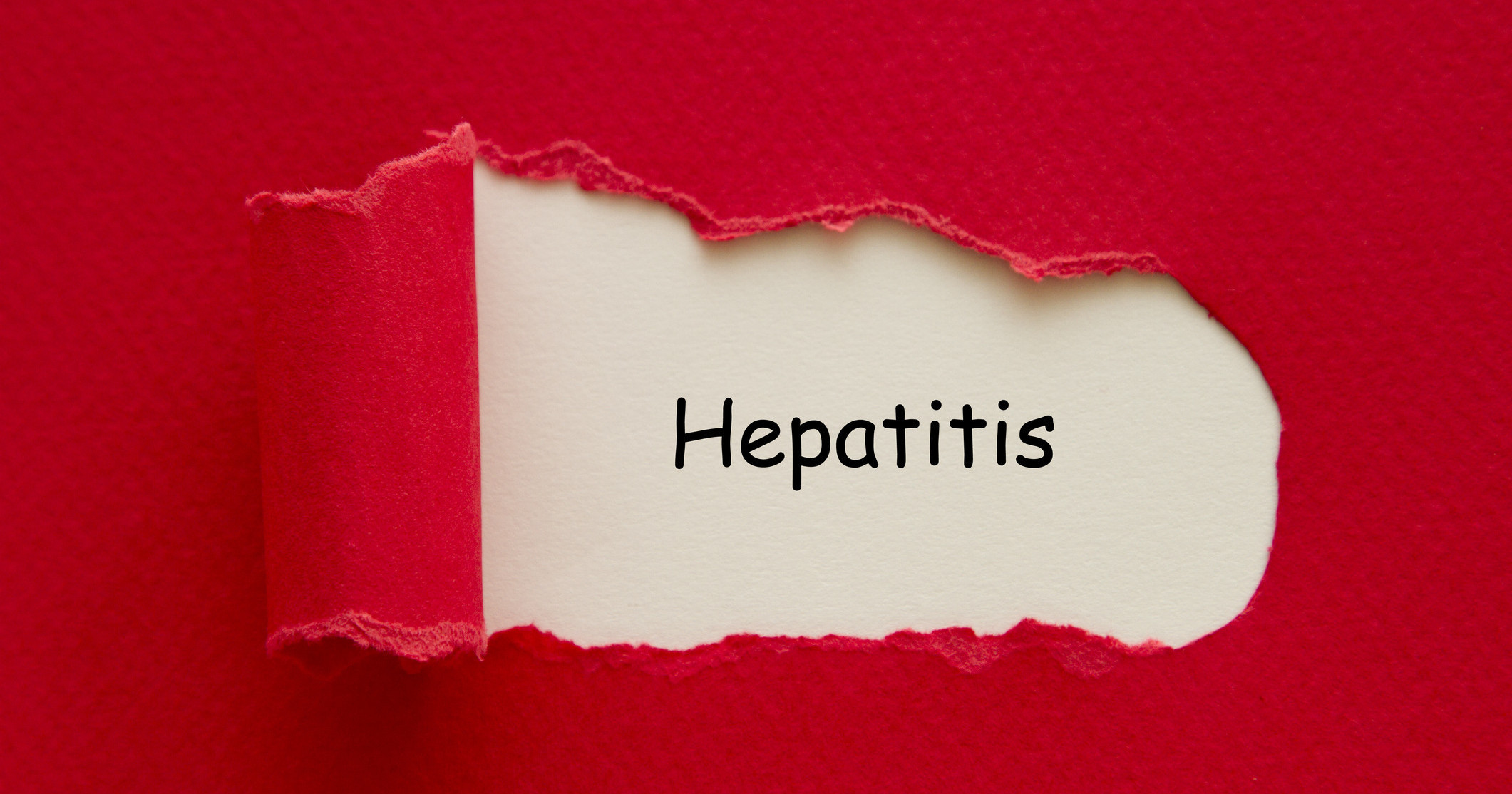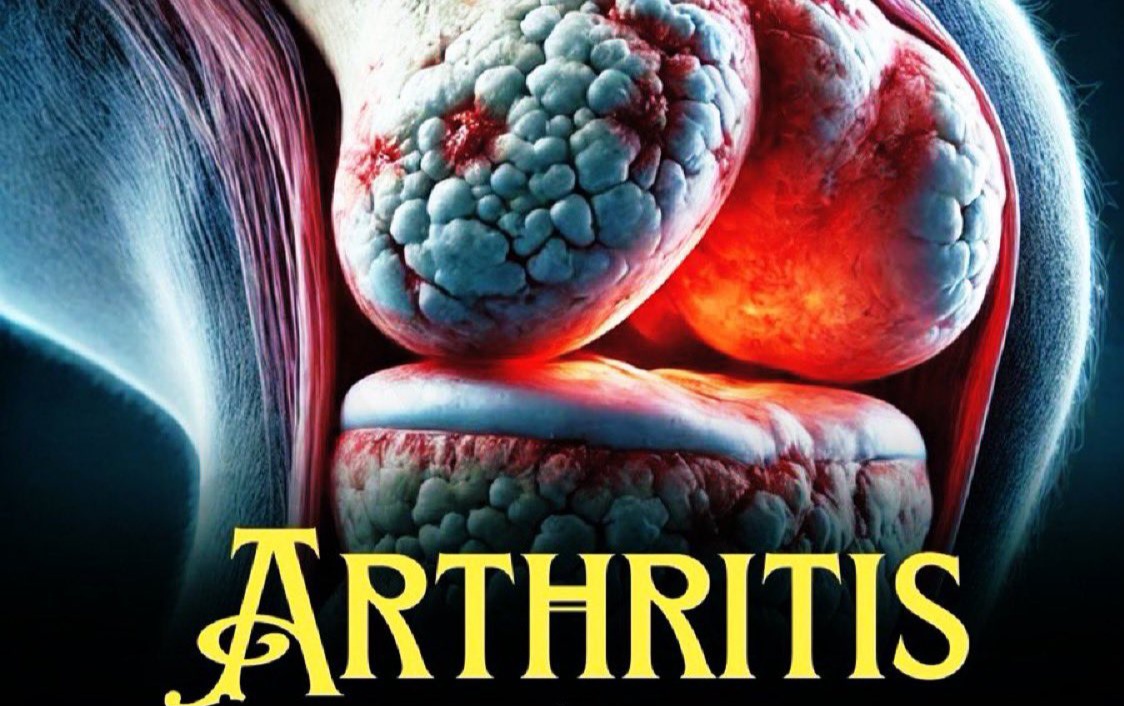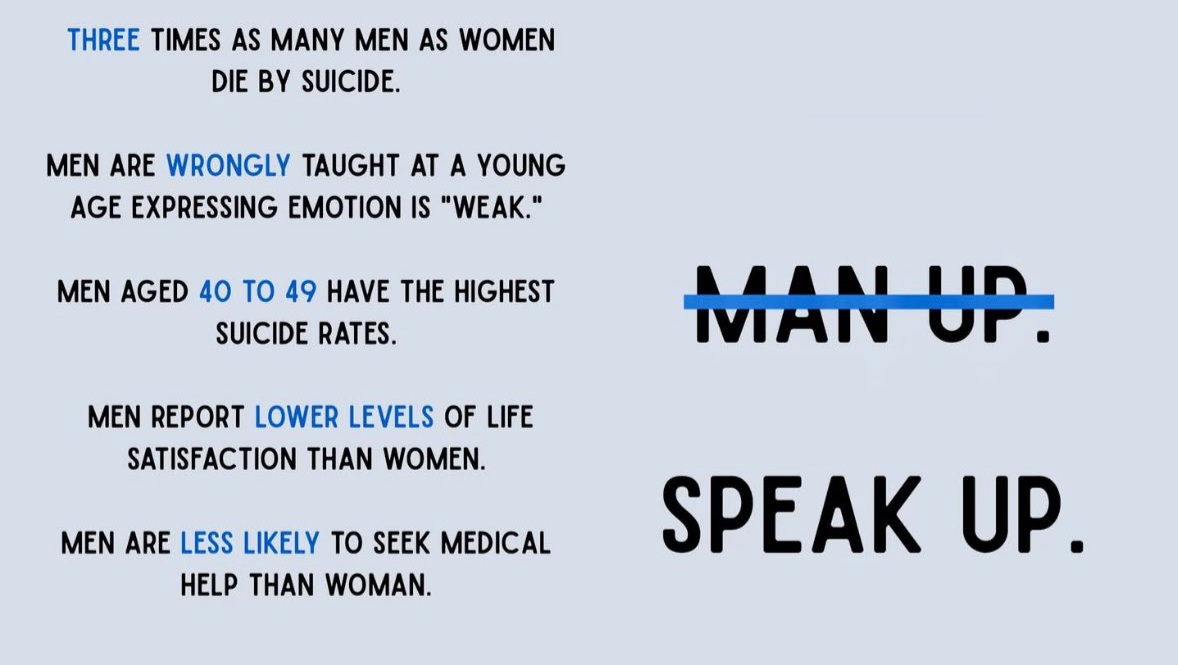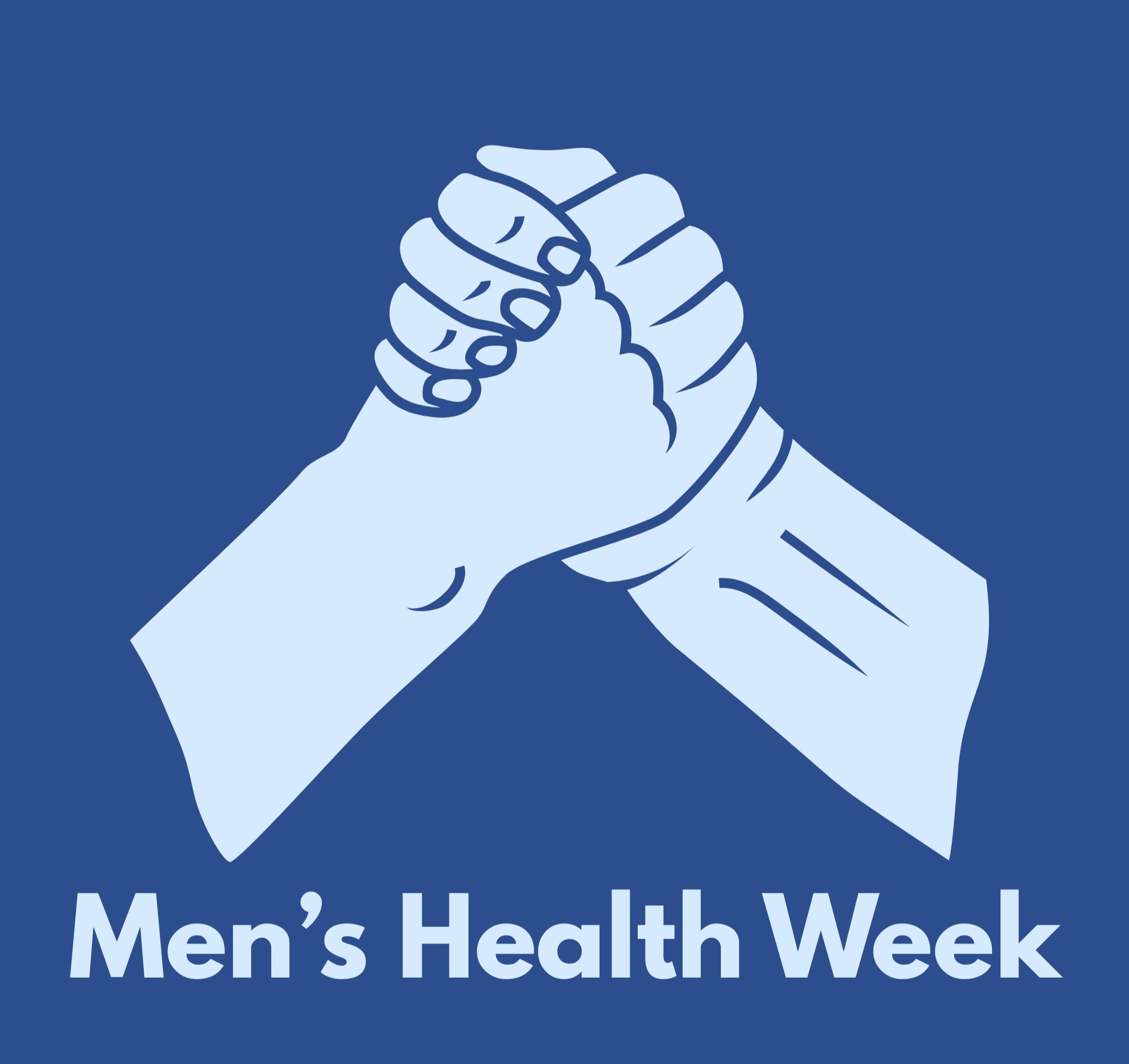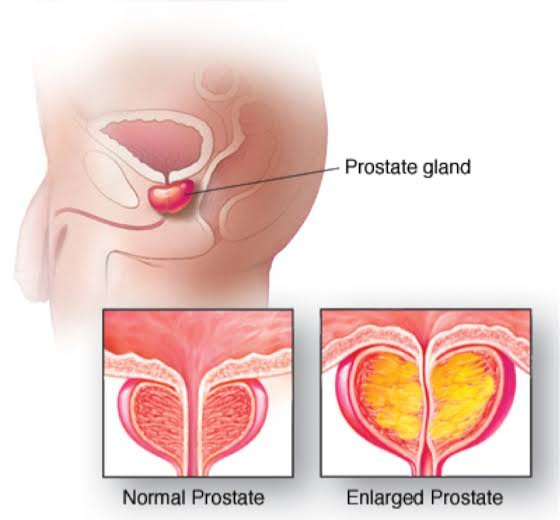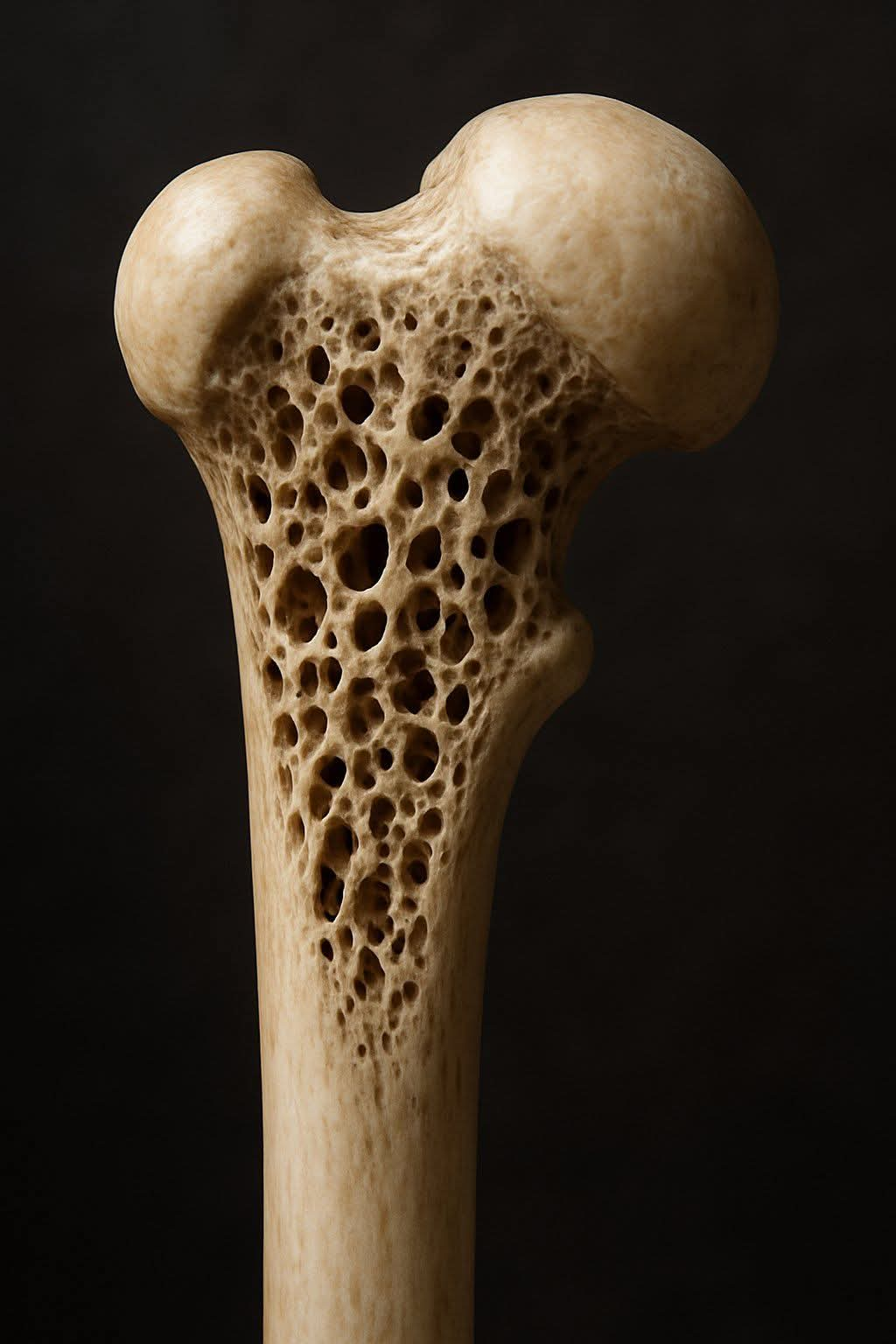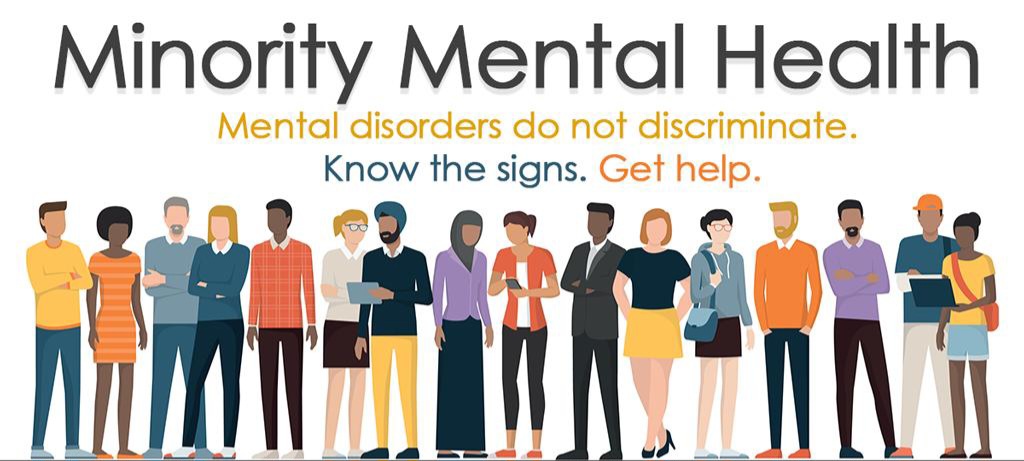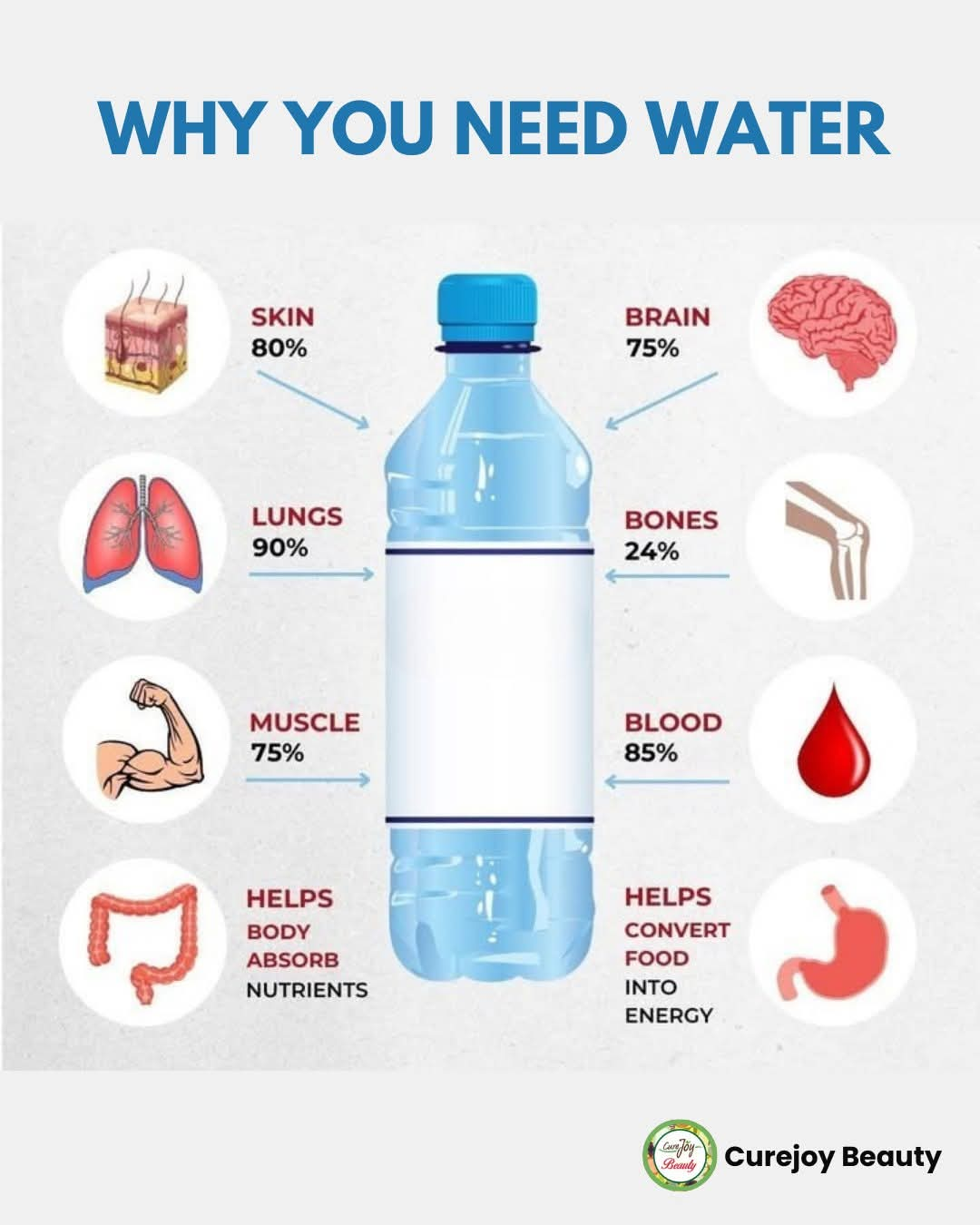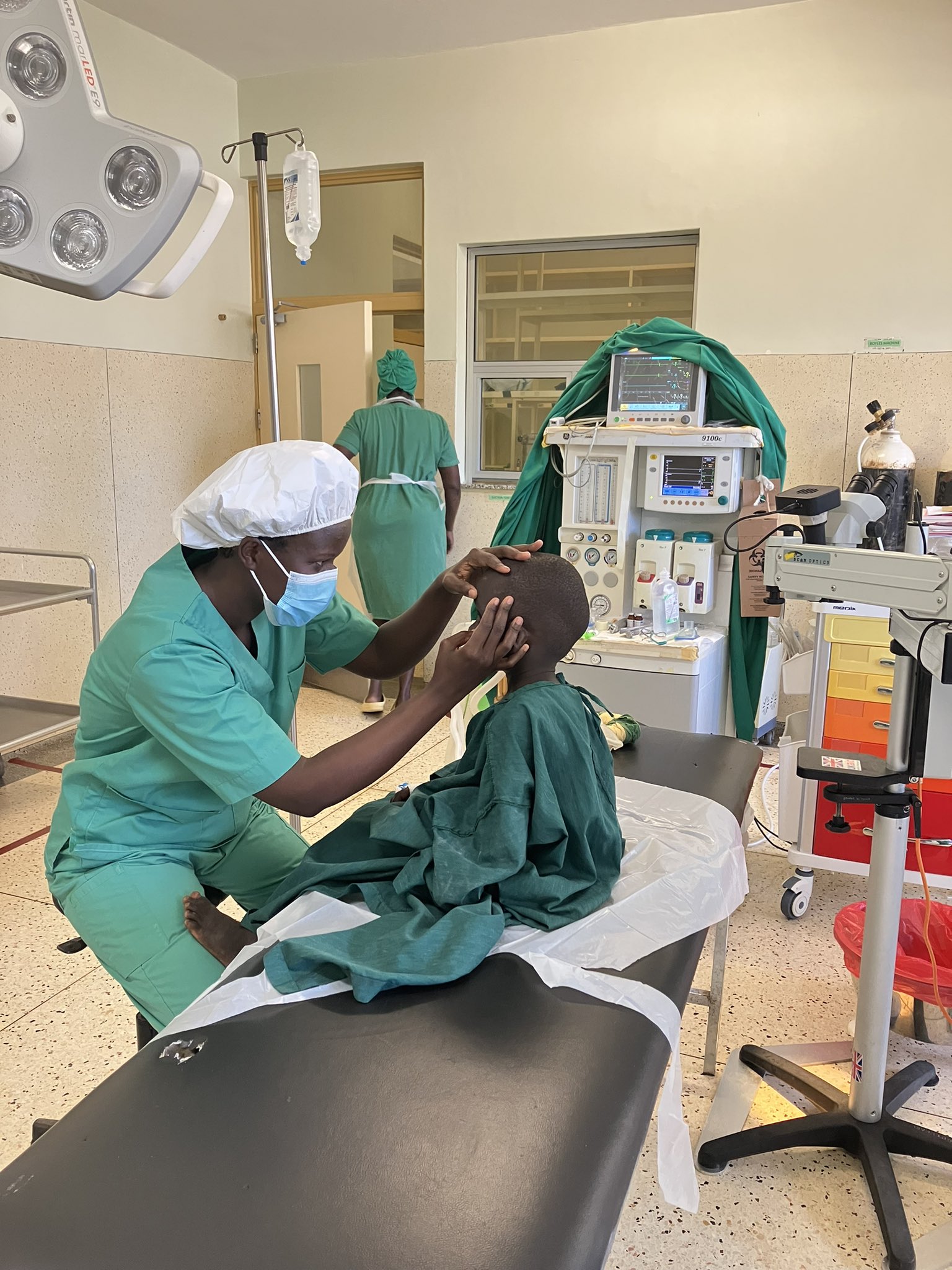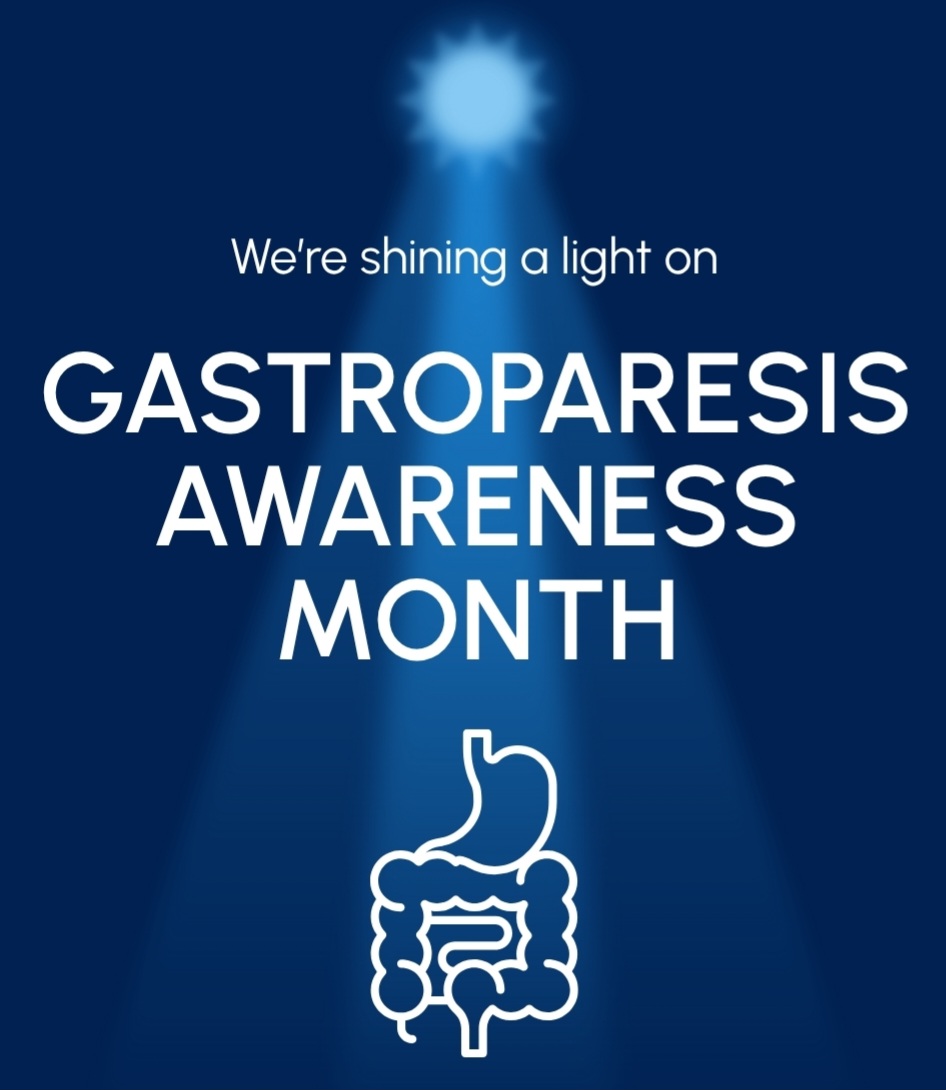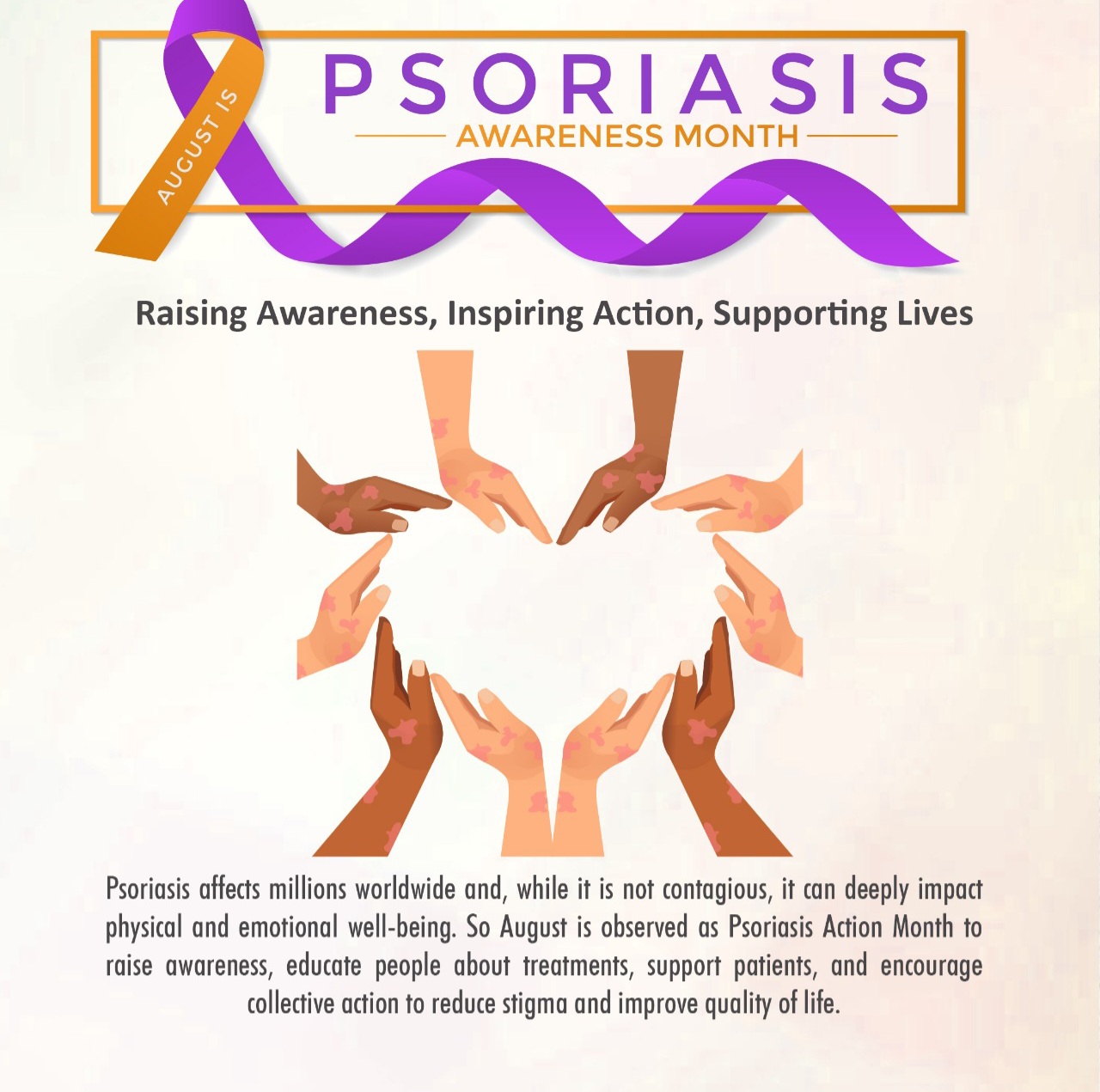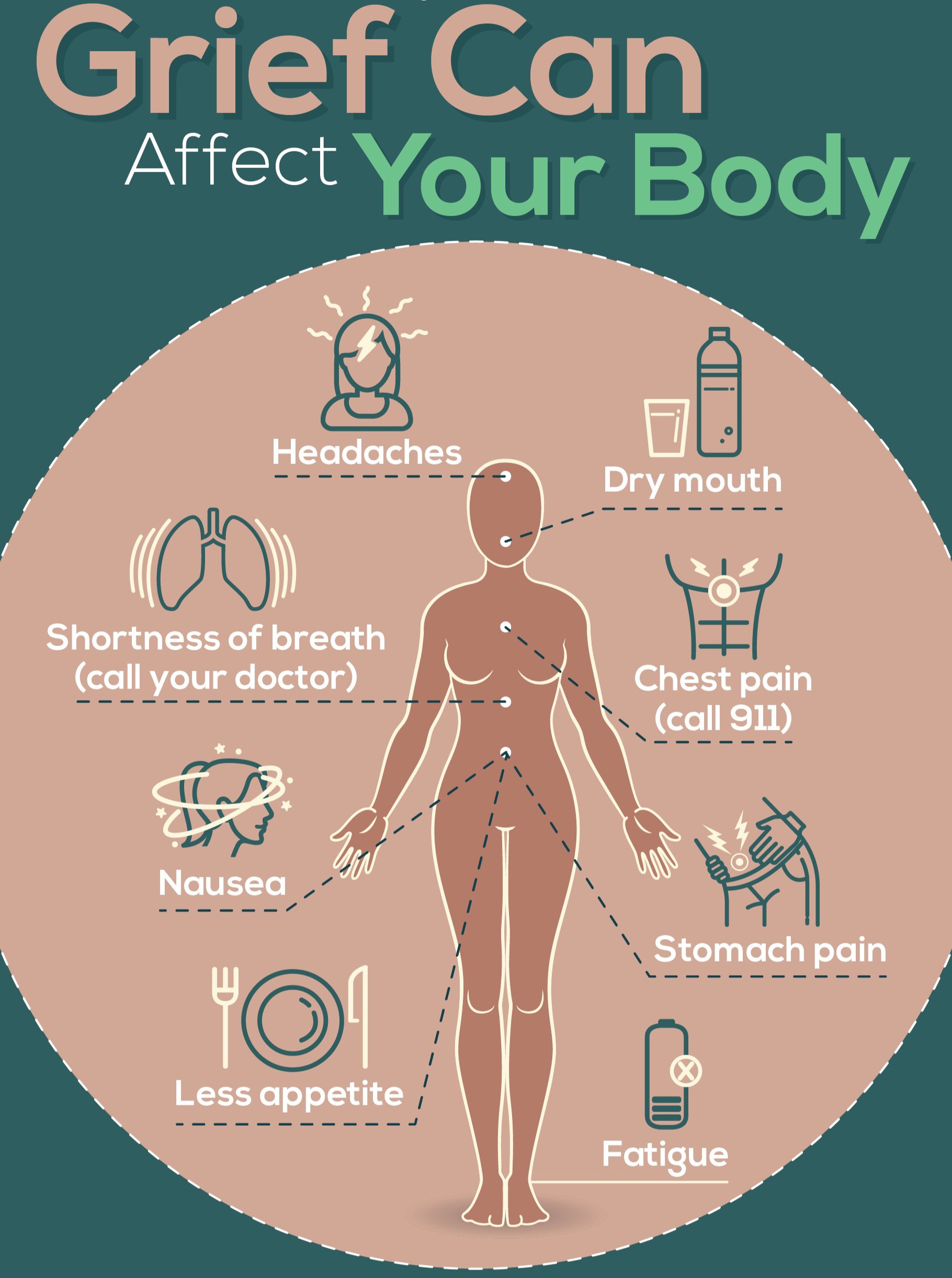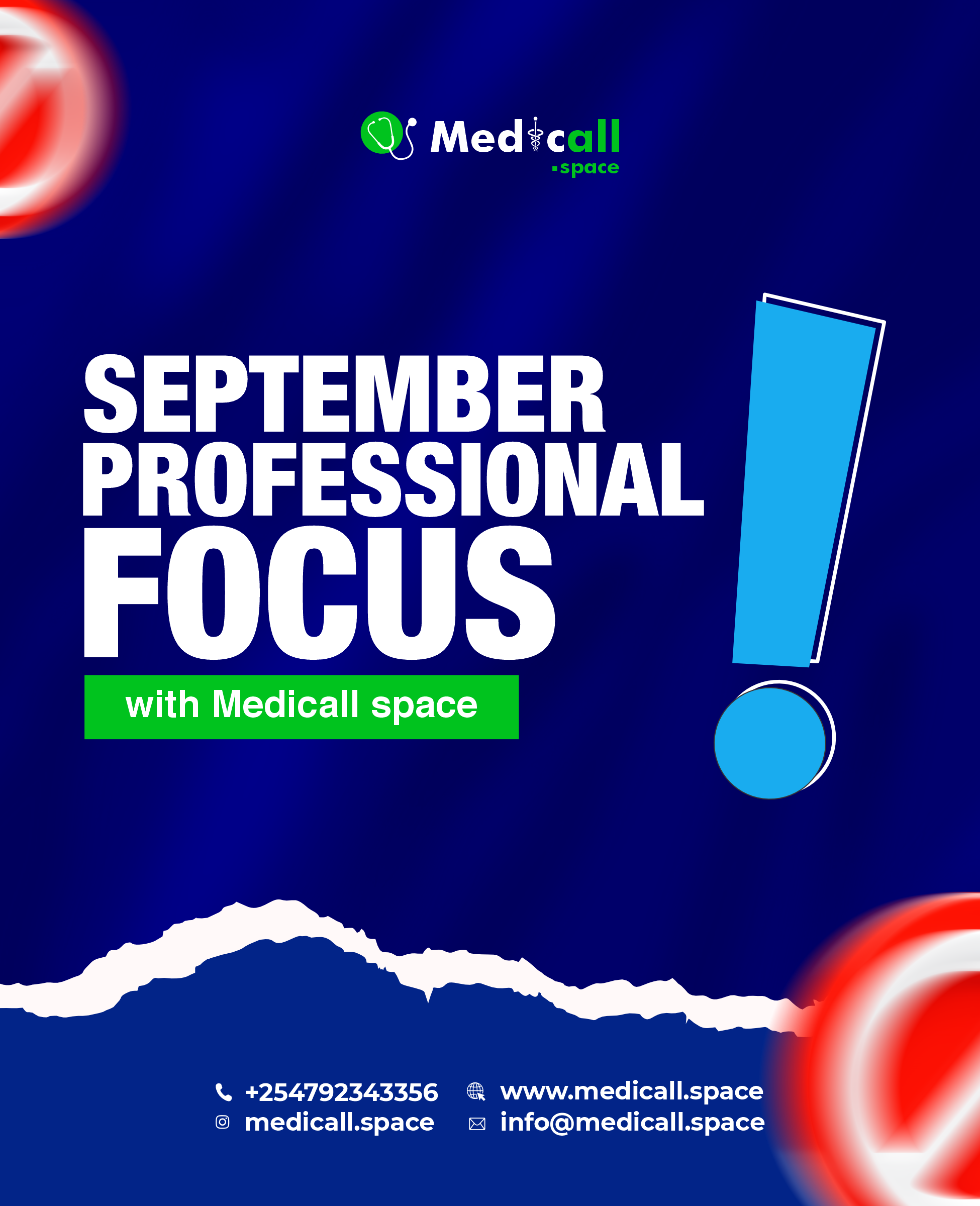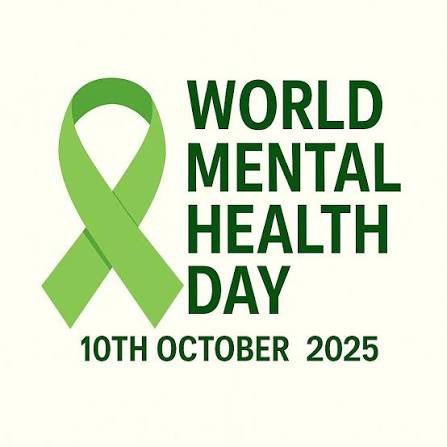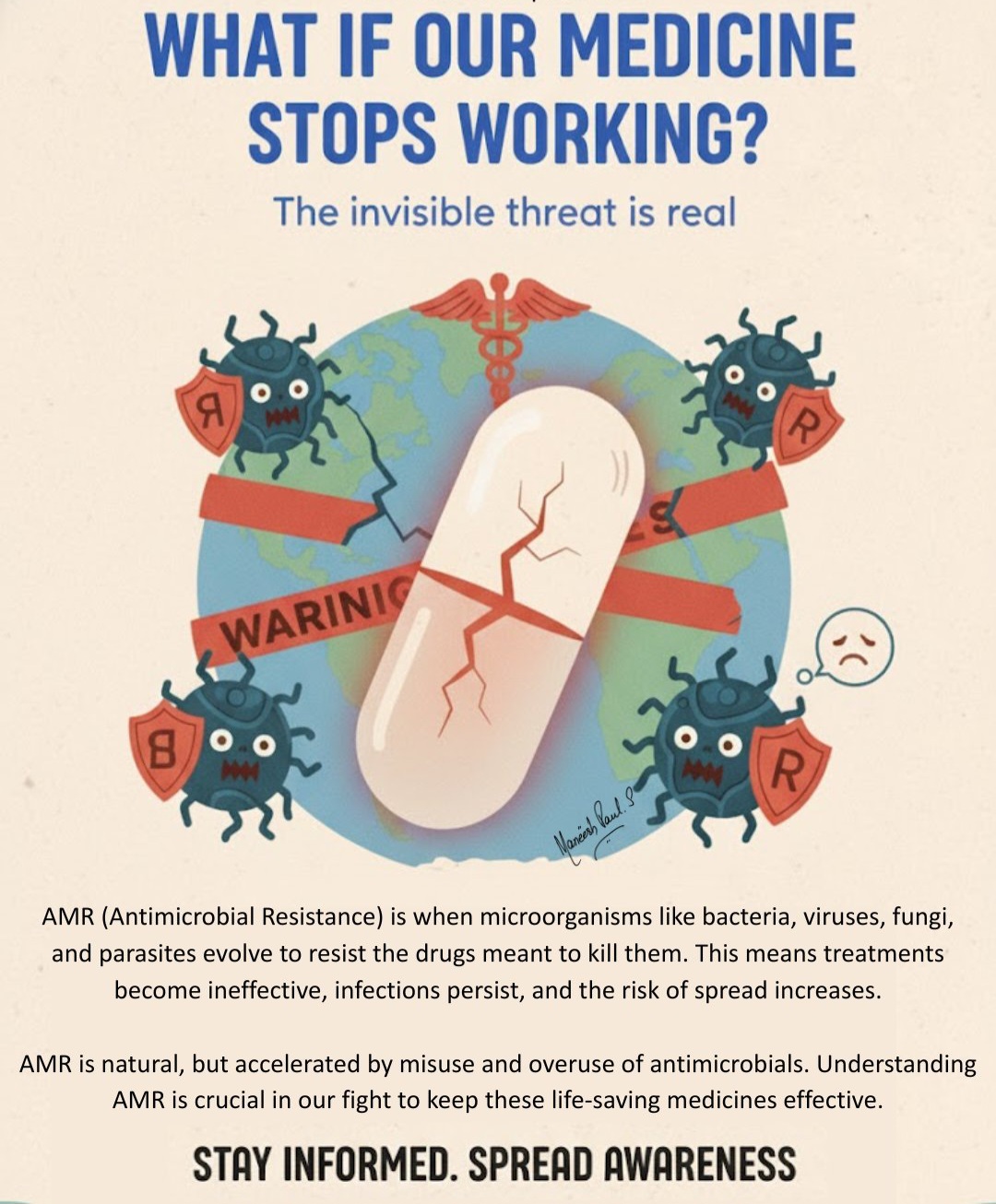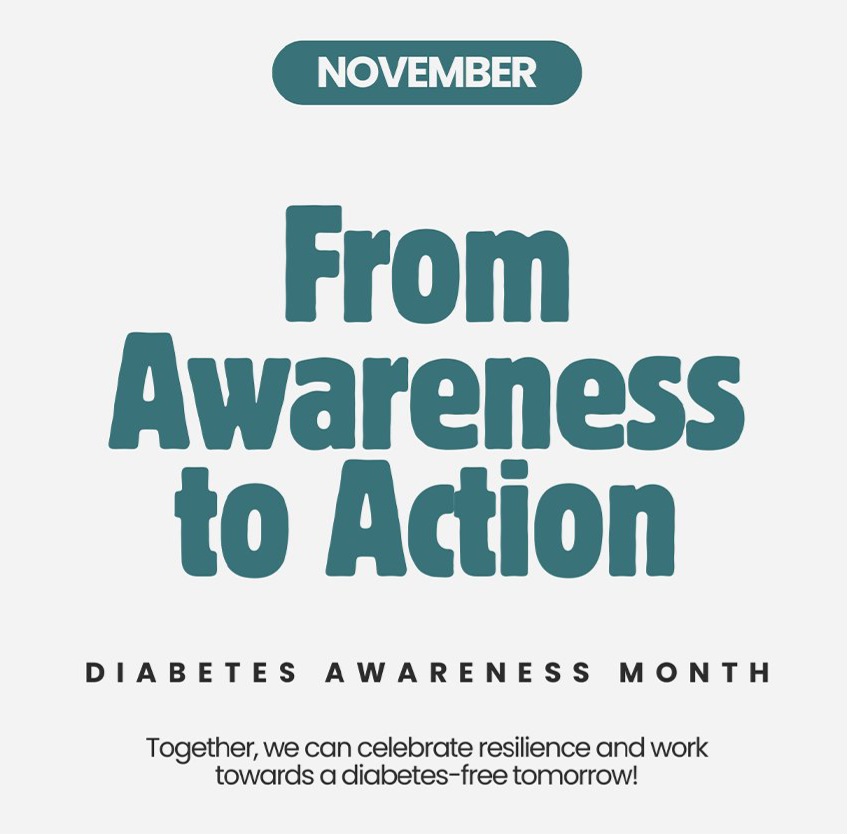What is Schizophrenia?
Schizophrenia is a serious mental disorder that affects how a person thinks, feels, and behaves. People with schizophrenia may seem like they have lost touch with reality. It is a chronic condition that typically begins in late adolescence or early adulthood and requires lifelong management.
Common Symptoms
Symptoms usually fall into three categories:
1. Positive Symptoms (psychotic behaviors not seen in healthy people)
Hallucinations
Delusions (false beliefs not based on reality)
Thought disorders (unusual or dysfunctional thinking)
Movement disorders (agitated body movements)
2. Negative Symptoms (disruptions to normal behaviors)
Lack of motivation or interest
Reduced speaking or emotional expression
Difficulty in starting and continuing activities
Social withdrawal
3. Cognitive Symptoms
Poor executive functioning (difficulty in decision-making)
Trouble focusing or paying attention
Problems with working memory8
Management and Treatment of Schizophrenia
Although there’s no cure, schizophrenia can be effectively managed with a combination of therapies:
1. Medication
Antipsychotics are the cornerstone of treatment.
Long-acting injectable medications are helpful for those who struggle with daily pills.
2. Psychosocial Therapies
Cognitive behavioral therapy (CBT)
Social skills training and supported employment
Family therapy to educate and involve loved ones in care
3. Hospitalization (When Needed)
Temporary inpatient care is often required during severe episodes or crises.
Helps to stabilize symptoms and ensure safety.
4. Community-Based Support
Day programs, rehabilitation services, and case management help improve functioning.
Peer support groups reduce isolation.
5. Lifestyle and Self-care
Healthy diet, regular exercise, good sleep habits
Avoid alcohol, tobacco, and recreational drugs
Manage co-existing conditions like diabetes or hypertension
Health Tips for people living with Schizophrenia
1. Know the Early Warning Signs
Schizophrenia often begins in late teens to early 30s. Watch for signs like social withdrawal, unusual thoughts, hallucinations, or lack of motivation. Early recognition helps with timely intervention.
2. Don’t Delay Diagnosis
Seek professional evaluation if symptoms such as delusions, disorganized speech, or hallucinations persist for more than a month. Early diagnosis improves outcomes.
3. Prioritize Medication Adherence
Antipsychotic medications are the foundation of treatment. Never stop medication without consulting a doctor, even if symptoms improve. Relapse is common when meds are stopped abruptly.
4. Incorporate Psychosocial Support
Psychotherapy, social skills training, and supported employment programs greatly enhance daily functioning and recovery. Encourage participation in structured community programs.
5. Build a Reliable Support System
A strong network of family and friends improves recovery. Education for caregivers on managing schizophrenia is also essential.
6. Manage Substance Use
Avoid alcohol and drug use, as they can worsen the situation.
7. Encourage Healthy Lifestyle Habits
Promote regular exercise, a balanced diet, and adequate sleep. These habits improve mental health and reduce side
9. Prevent Stigma and Discrimination
Educate communities to reduce stigma. Support those with schizophrenia to live fulfilling lives by respecting their rights and dignity.
10. Crisis Preparedness
Develop a crisis plan with caregivers and healthcare providers. Include emergency contacts and steps to take if symptoms suddenly worsen.
